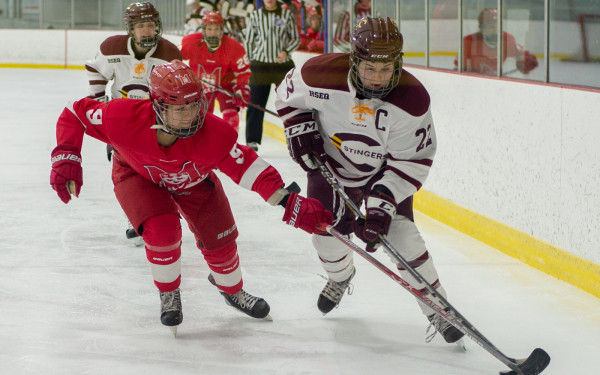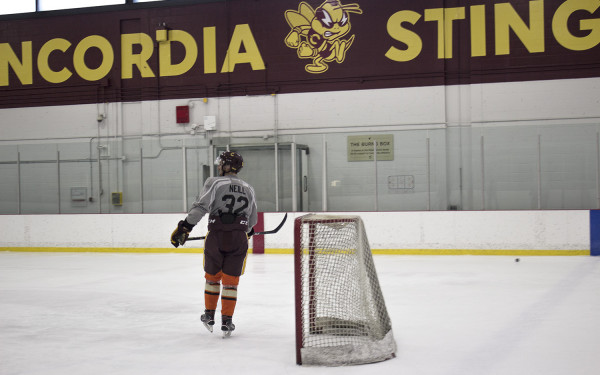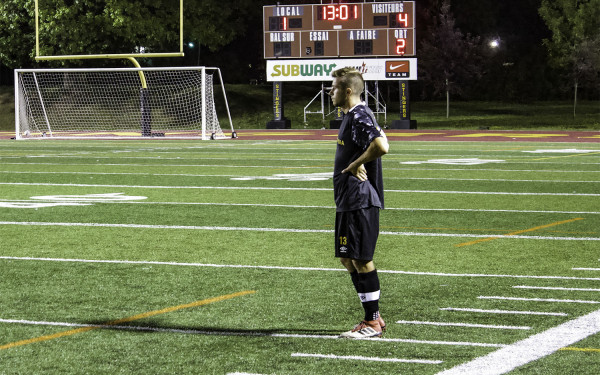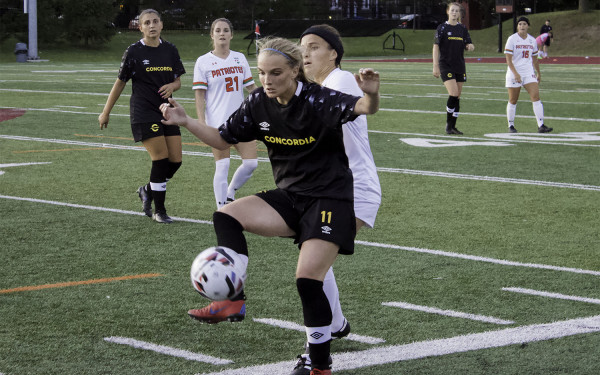U Sports joins the conversation in fight against racism
Action is the next step, panelists say during Black History Month event
While COVID-19 has suspended any in-person activity, U Sports was not going to use the pandemic as an excuse for silence during this year’s Black History Month. On Feb. 16, the organization representing university sport in Canada hosted a two-hour live event on their Twitter feed to celebrate Black success stories.
“We are proud to showcase today’s BIPOC leaders across all levels of university sport in celebration of Black History Month. This is an important opportunity to listen to their experiences, educate our network and support our Black teammates and colleagues as they empower the next generation,” said Dick White, U Sports interim CEO.
When talking about inclusion, oftentimes we refer to having a ‘seat at the table.’ This year, for obvious reasons, a seat at the table was swapped for a share of the computer screen. Host Savanna Hamilton was joined by nine panelists—including Concordia women’s basketball head coach Tenicha Gittens—who took turns sharing their stories, voicing their opinions, and discussing the barriers they’ve faced as Black people.
“The conversation is great you know, but our experience is not for your entertainment,” said Gittens. “We can keep having these conversations and having these talks and bringing light and educating people, as long as there's something on paper that's lasting and there's change that's going to happen.”
Current and former U Sports student-athletes, coaches, and sports administrators spoke about their experiences within the Canadian collegiate ranks, and continue to find ways to communicate their message through a variety of platforms: TikTok, Hockey Night in Canada, public speaking, self-established associations, etc.
“There are so many different parts of our culture where unconsciously, subliminally we're being told we don't matter as Black people, as BIPOC people,” said Donnovan Bennett, Sportsnet host and former Western Mustang. “Through my art, through your art it's important that we tell those Black stories over and over again until we oversteer to the point where they are just stories,” he said.
“We’re going to keep the conversation going, we’re going to take the lessons learnt from this [and] turn them into actionable, sustainable steps to move forward in the right direction.” — Mohamed Hassan
Tyra Blizzard, 2020 graduate and formerly a part of the Ottawa GeeGee’s women’s basketball program, kicked off the night with an analogy. Blizzard used a yellowy, crunchy, unwatered patch of grass to represent racism as a whole, and universities implementing diversity training and creating task forces as a way of mowing the lawn. The next step: digging up the soil.
“We’re kind of stuck, that’s where we’re at,” Blizzard said. “I think the reason we're here today is that the issue was never the grass to begin with; the issue is the soil, the foundation from which the grass grows. We're going to dig up that soil, we're going to find some ugly things but it needs to be done at this point and I'm happy that we're finally having this conversation.”
They shared their gratitude for the opportunity to speak out on the microaggressions, discriminatory offences and tokenism they have been subjected to in their personal and professional lives. They said a lack of sustainable action, however, would defeat the purpose of the conversation.
With their communicative efforts in hosting the event, U Sports is putting their best foot forward to help end systemic racism. Now, there’s only one thing that can keep them held accountable: action.
“These conversations are important, it's a good step in the right direction,” said Mohamed Hassan, U Sports marketing manager. “We’re going to keep the conversation going, we’re going to take the lessons learnt from this [and] turn them into actionable, sustainable steps to move forward in the right direction.”
The full version of the U Sports conversation celebrating Black History Month can be found on their website.

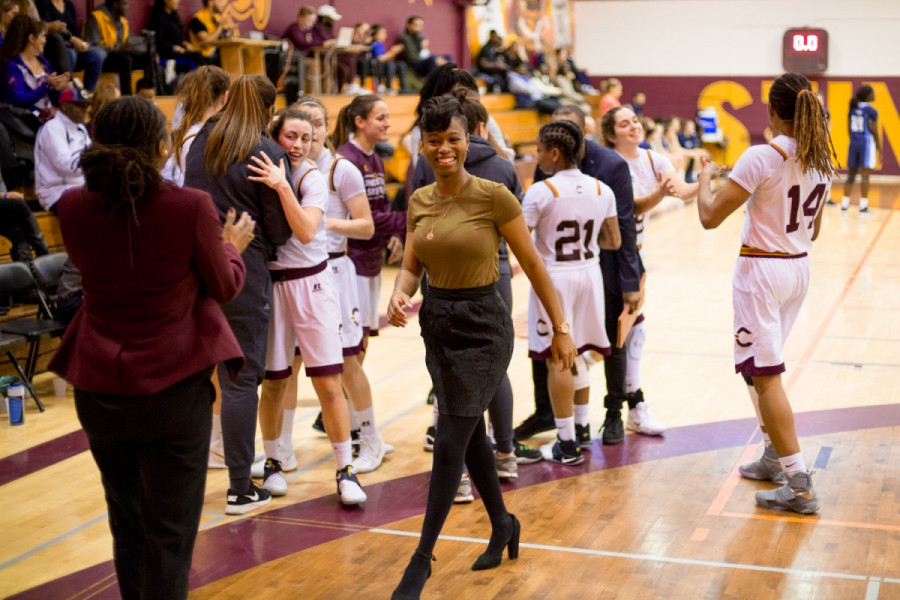
_600_832_s.png)

